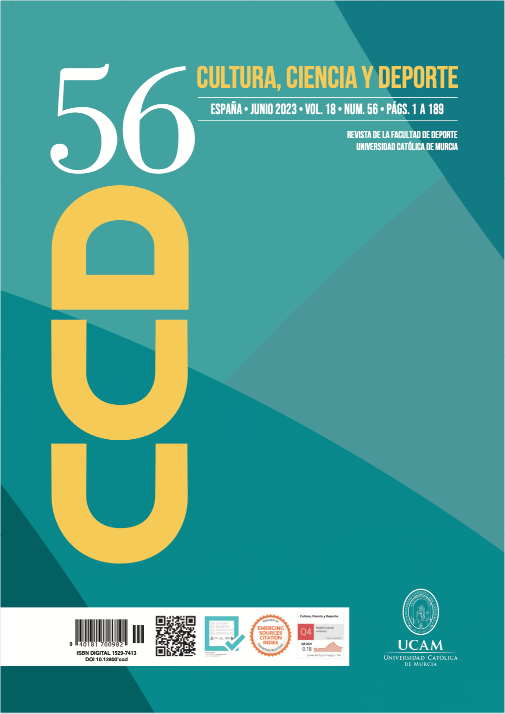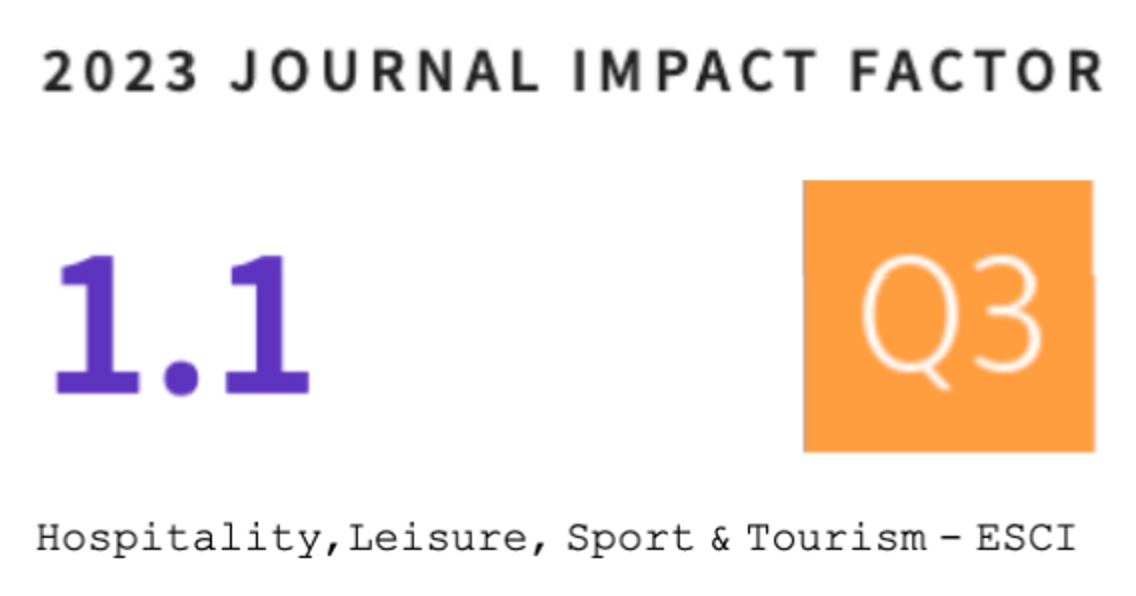Effect of the type of motor interaction required by the game on emotional behaviour in Physical Education classes
DOI:
https://doi.org/10.12800/ccd.v18i56.1959Resumen
Physical Education is the area where the pupil develops their motor conduct by meeting four levels, which should
be worked on the same way with the objective to obtain a pedagogical success within them. This pedagogical
success will be acquired in the moment in which the motor, cognitive, social and affective levels are worked on in a
complementary way. Emotions claim special importance in this area by the fast experience of them in any motor
situation, especially in traditional sport game where anything changes any aspect of the internal logic, it can
cause the experimentation of one type of emotion or another. The aim of this study was to analyze the emotional
intensity of positive and negative emotions experienced by pupils of Primary Education in three different social motor
games. Moreover, the emotional intensity was analysed in terms of each of the roles experienced in a socio-motor
game. The study was made of 47 pupils of year three of Primary School in a school centre where they filled two
instruments (GES-C and emotional experience in the roles) which reflected greater expressions of positive emotions
against negative ones.
Descargas
Publicado
Cómo citar
Número
Sección
Licencia
Derechos de autor 2023 Creative Commons Attribution License

Esta obra está bajo una licencia internacional Creative Commons Atribución-NoComercial-CompartirIgual 4.0.
Los autores que publican en esta revista están de acuerdo con los siguientes términos:- Los autores conservan los derechos de autor y garantizan a la revista el derecho de ser la primera publicación del trabajo al igual que licenciado bajo una Creative Commons Attribution License que permite a otros compartir el trabajo con un reconocimiento de la autoría del trabajo y la publicación inicial en esta revista.














